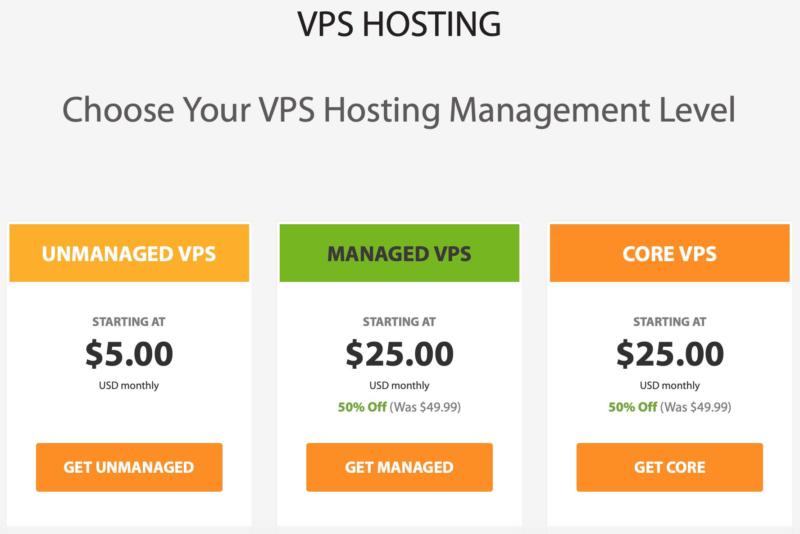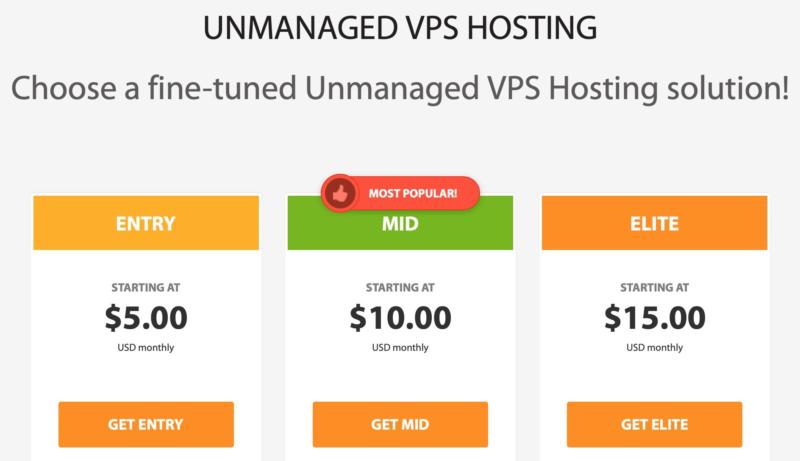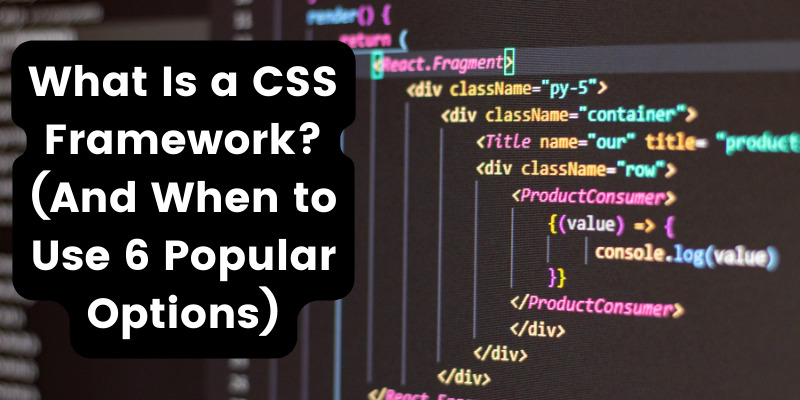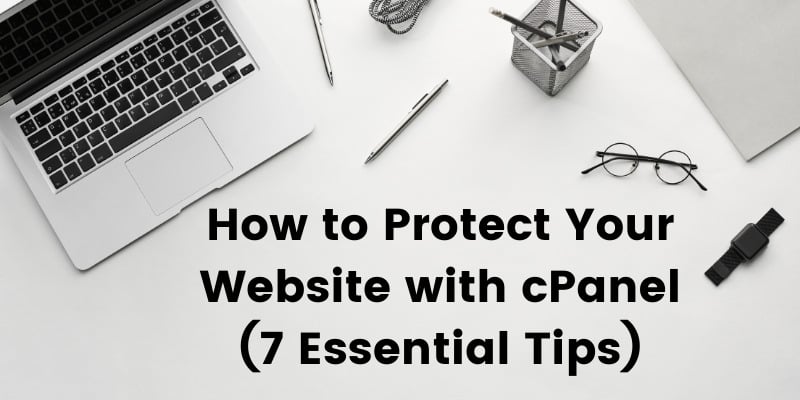- Oct 31, 2019
 0
0- by A2 Marketing Team
When choosing a hosting plan, it can be hard to decide which one is right for you. If your website is small, a shared server might work for now. However, what happens when your site begins to grow? On the other hand, a dedicated server will provide everything you need, but can really take a bite out of your budget.
The good news is that a Virtual Private Server (VPS) hosting plan can offer your website a performance boost at an affordable price. On top of that, you often have the freedom to choose the Operating System (OS) and software you want installed, all while benefiting from increased flexibility on a reliable server.
In this post, we’ll explain why you might want to choose a VPS over other common hosting options. Let’s get to it!
A Brief Introduction to VPS Hosting
A VPS provides you with a server environment just for your website, while still hosting it on the same physical server as many other sites. This is done by using virtualization technology to divide a single server into multiple virtual partitions. In this way, web hosts can keep prices low, while providing improved control, reliability, and performance.
VPS plans are often considered an upgrade from shared hosting. Unlike shared plans, where your site sometimes has to compete for resources with other sites, a VPS provides set resources that are solely for your use. Plus, it’s a much cheaper option than dedicated hosting:

For these reasons, a VPS is often the best choice for providing faster speeds on a budget. In addition, it’s a highly-scalable option, and it offers you more control over the server environment.
5 Major Benefits of Using a VPS
If you’re on a shared hosting plan and you’re not happy with your site’s performance, it may be time for an upgrade. Let’s look at five reasons you may want to choose a VPS plan.
1. Increase Your Website’s Reliability
As we mentioned earlier, on a shared server, the activities of other customers can have an impact on your website. If another site gets a sudden jump in traffic, for example, your site may experience performance issues.
Slow loading times are a problem, because they drive visitors away and can negatively impact your conversions. What’s more, you may also have to contend with security issues, since a hacked website is a risk to all other sites on the same server.
On the other hand, a VPS provides an environment and resources that are specifically for your website and no one else. Traffic from other websites will no longer be your concern, and your site will be safely sectioned off in its own space. These factors can play a huge role in ensuring that your site provides a reliable experience for visitors.
2. Improve Your Website’s Performance
As we’ve seen, one of the reasons your website may perform better on a VPS is because it can’t be slowed down by other sites. However, that isn’t the only reason VPS plans offer a valuable performance boost.
VPS plans typically provide a larger allotment of resources than shared plans. You’ll get more bandwidth and storage, and possibly even access to better technology. As a result, visitors to your site should experience faster page loading times, and be less likely to bounce away.
Furthermore, with a VPS you can more easily scale up your allotted resources if you experience or anticipate a jump in traffic. You’ll be grateful to have access to those extra resources the next time you run a special promotion, live chat, or other event that drives visitors your way.
3. Use the Your Resources as You See Fit
Thanks to the dedicated resources a VPS provides, you’re free to use them however you like. This is another big distinction between this kind of plan and shared hosting, where you have little control over how resources are allocated.
When you sign up for a VPS, you’ll know exactly what resources you have, and be able to use them exclusively for your content and manage them as needed. This also makes it a lot easier to run more than one website on the same plan.
Another related benefit is that you’re not constrained by a single physical server (as you would be with a dedicated plan). Therefore, it’s easier to expand your resources along with your site’s requirements.
4. Install Only the OS and Software You Are Going to Use
Shared hosting offers very little choice when it comes to configuring the server. Since the web host manages it exclusively, they choose the applications and OS they want to use. In fact, you may not even know how the server is set up on this type of plan.
VPS plans, on the other hand, often provide choices depending on your needs. Many of them will give you various OS options, as well as an auto installer for common development applications. Some unmanaged plans even provide complete freedom over installation and administration.
All in all, a VPS is especially helpful for web developers. For example, you’ll be able to choose the version of PHP that you prefer, or employ node.js for your web development project. You can also uninstall the applications you don’t need, freeing up additional server resources.
5. Choose the Services You Need
In addition to the above benefits, many VPS plans offer you a choice of services. In comparison, most shared hosting provides little other than a place to store and run your site.
One of the most important decisions to make is whether to opt for a managed or unmanaged plan. An unmanaged VPS offers complete freedom, but also makes you responsible for configuring and maintaining your virtual server.
If that sounds like a lot of work, then you can opt for a managed plan where your web host takes care of everything for you. That way, you can focus on your website and business.
How to Get Started With VPS Hosting
When you’re ready to take the plunge into VPS hosting, one of your main concerns may be pricing. It’s true that a VPS is typically more expensive than shared hosting. However, there are some great starter options that may be cheaper than you expect.
For example, our unmanaged VPS plans range from $5 to $15 per month:

As for our managed VPS plans, they start at just $25 per month:

Whichever option you choose, you’ll know you’re in good hands. We even have a handy guide to help you get started with your new VPS.
Conclusion
If your website loading times are not as fast as you would like, it may be time to upgrade your hosting plan. Fortunately, a VPS can provide a performance boost to handle increased traffic at a cheaper price than a dedicated server.
In this article, we’ve discussed five key benefits of using a VPS. On this kind of plan, you can:
- Increase your website’s reliability.
- Improve your site’s performance.
- Use your resources as you see fit.
- Install only the OS and software you are going to use.
- Choose the services you need.
Image credit: geralt.












